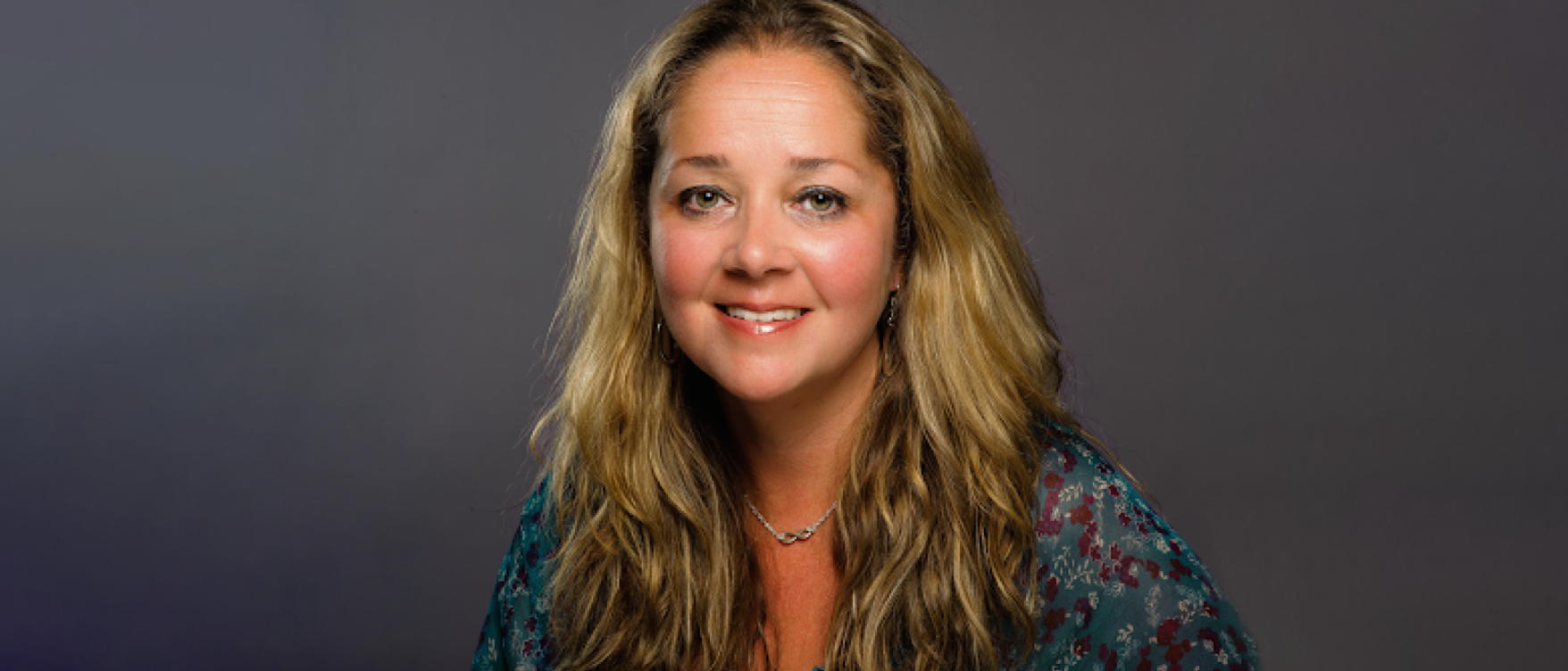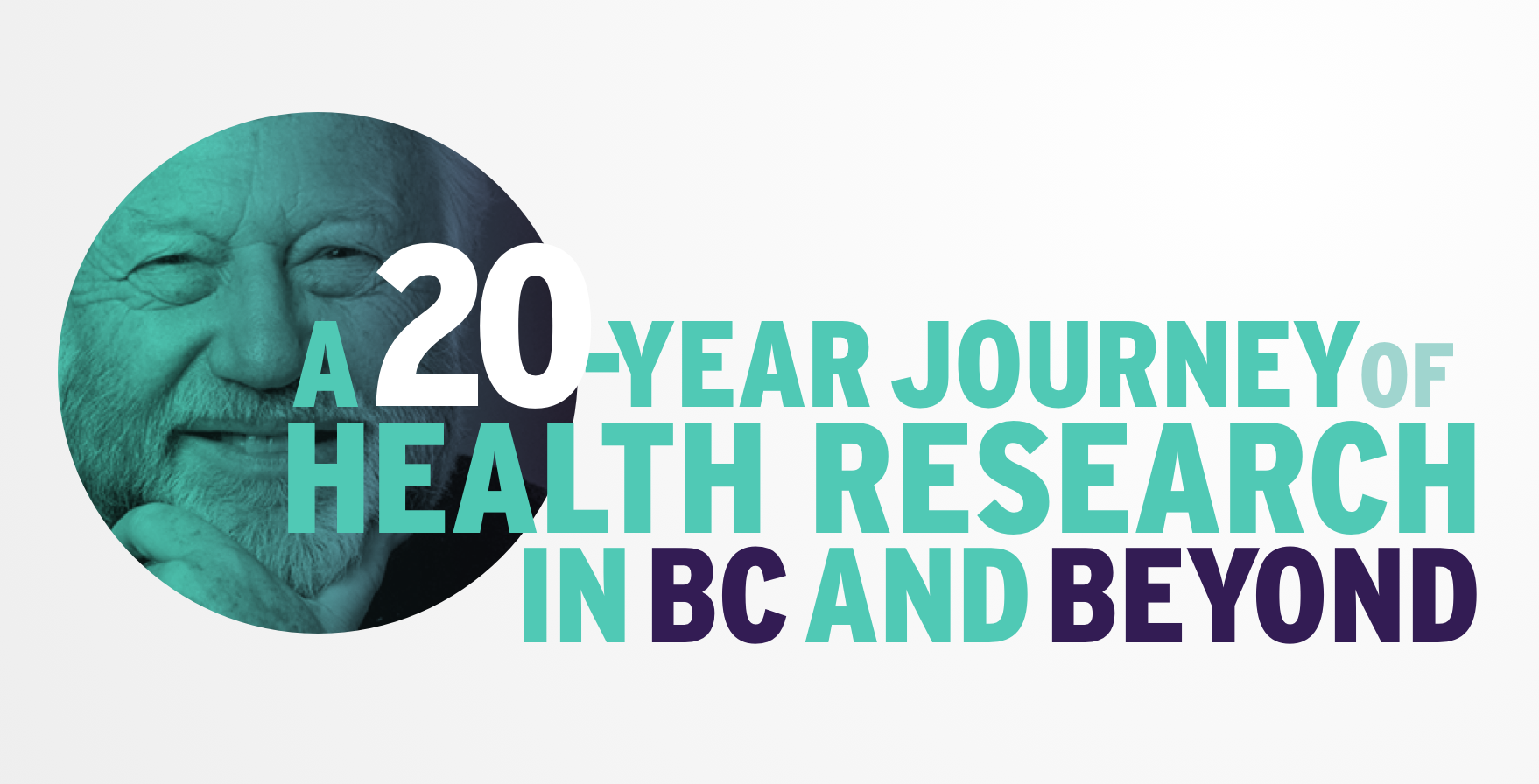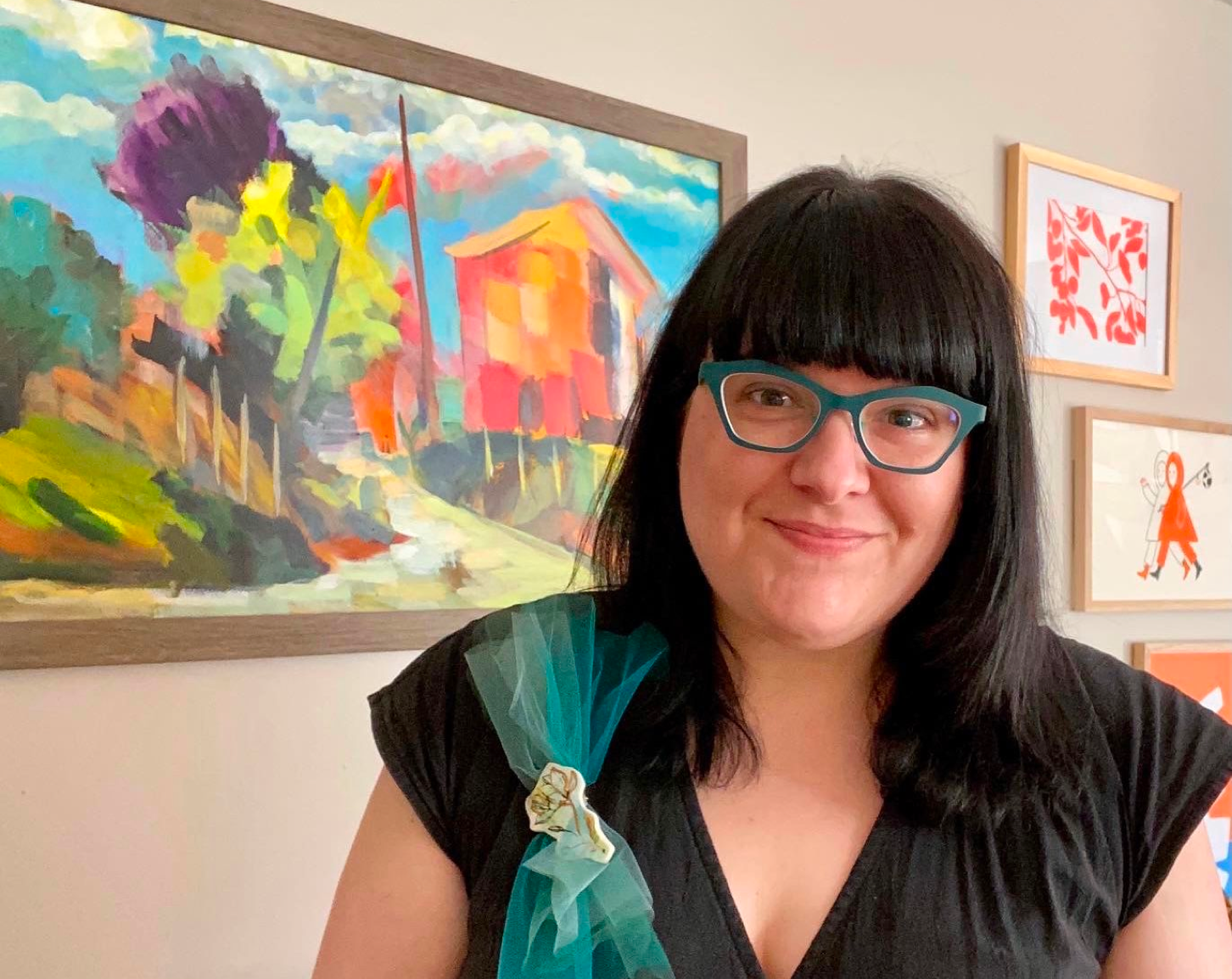A 20-year journey of health research in BC: A knowledge translation approach
21 July 2021

Dr. Joanie Sims-Gould. Photo credit: Centre for Hip Health and Mobility
Dr. Joanie Sims-Gould: A knowledge translation approach to help implement practical solutions
Multiple MSFHR awardee Joanie Sims-Gould’s focus on understanding how to keep older adults active and connected has taken her on some unusual paths for a researcher, including into municipal boardrooms and film festivals. These paths were made possible through a knowledge translation (KT) approach that begins with an end in mind: to provide evidence-based solutions that community partners can use.
Joanie started her career as a social worker, but had always considered undertaking community-based health research. A proud member of a close-knit, four-generation family, it was important to her that the work she did mattered to her grandparents. So she turned her focus to providing a voice for older people and their families.
“We determined that, if we could curate something visual, that would be much more appealing for municipalities to implement.”
In 2012, MSFHR partnered with Wall Solutions Initiative (WSI) to provide health research teams with supplemental funding to hire KT support to help translate and implement their findings into the community to improve outcomes for patients and their families. As recipients of the funding, Joanie and fellow researcher Heather McKay with the Active Aging Research Team worked closely with MSFHR-funded KT specialist Callista Ottoni to identify a way to communicate how urban design affects the health and well-being of Canada’s rapidly aging population.
“We determined that, if we could curate something visual, that would be much more appealing for municipalities to implement,” Joanie says. “We wanted to make sure they could easily translate the research back into practice.”
Envisioning a more walkable community that would allow senior citizens to live more independent lives, the team developed and directed “I’d Rather Stay”, the 2015 New Urbanism Film Festival Best of Fest Award-winning documentary film. Through this 19-minute film, Callista, Joanie and the team shared their findings and then participated in Q&As with municipalities and film festival audiences immediately following screenings. This helped to ensure end-users and community partners fully understood the research. At one memorable meeting, Joanie recalls an engineering director acknowledging an easy-to-fix structural feature after viewing the film. She chuckles, “He was right there and said ‘oh yes! We can do that!’” The result was a simple crosswalk timing fix that gave older adults or those with mobility issues more time to cross wide, busy streets in Vancouver.
‘I’d Rather Stay’ is a 19-minute film based on Dr. Sims-Gould’s research. The film won the 2015 Best of Fest award at the New Urbanism Film Festival in Los Angeles.
While the funding provided by MSFHR brought a KT specialist to the team, through the process Joanie learned that she too had been inherently practicing KT by, before starting her research, taking special care to envision what aging populations needed to improve their health and mobility. She was deeply appreciative of the experience that allowed her to grow her own learning about how to share research findings in a timely and accessible manner to effect change.
The extended reach and impacts of Joanie’s projects have been greatly supported over the years by MSFHR’s focus on knowledge translation (KT), an approach that can significantly reduce the time needed to translate research into evidence-based policies and programs suitable for public use.
More recently in 2020, Joanie received a partnered award from MSFHR and the BC Ministry of Health to help understand the impact of COVID-19 policies on long-term care (LTC) homes. While only mid-way through the project, Joanie shares that having a KT perspective has been a big part of her approach. Working closely with facility directors, her research team has supported the directors in developing the questions they wanted to ask about the effectiveness of the policies in place and how well those policies are working at other facilities. The research findings are expected to be available in early 2022, and Joanie’s team looks forward to sharing the information with the community to help implement changes that can benefit aging demographics in care homes.
The extended reach and impacts of Joanie’s projects have been greatly supported over the years by MSFHR’s focus on KT, an approach that can significantly reduce the time needed to translate research into evidence-based policies and programs suitable for public use. In her own words, Joanie underscores MSFHR leadership in KT and Implementation Science. “I really commend MSFHR for their vision as a funder to elevate knowledge translation and implementation science.”
Learn more:
2014 MSFHR Scholar Award: A Community-Based Research Program Focused on “Adding Life to Later Years”
2020 MSFHR Partnered Award: Implementation of the “One High Risk Site Only” Policy – Its Impact on Staff, Family and LTC Residents
Video for Knowledge Translation: Engaging Older Adults in Social and Physical Activity (April 2019)






